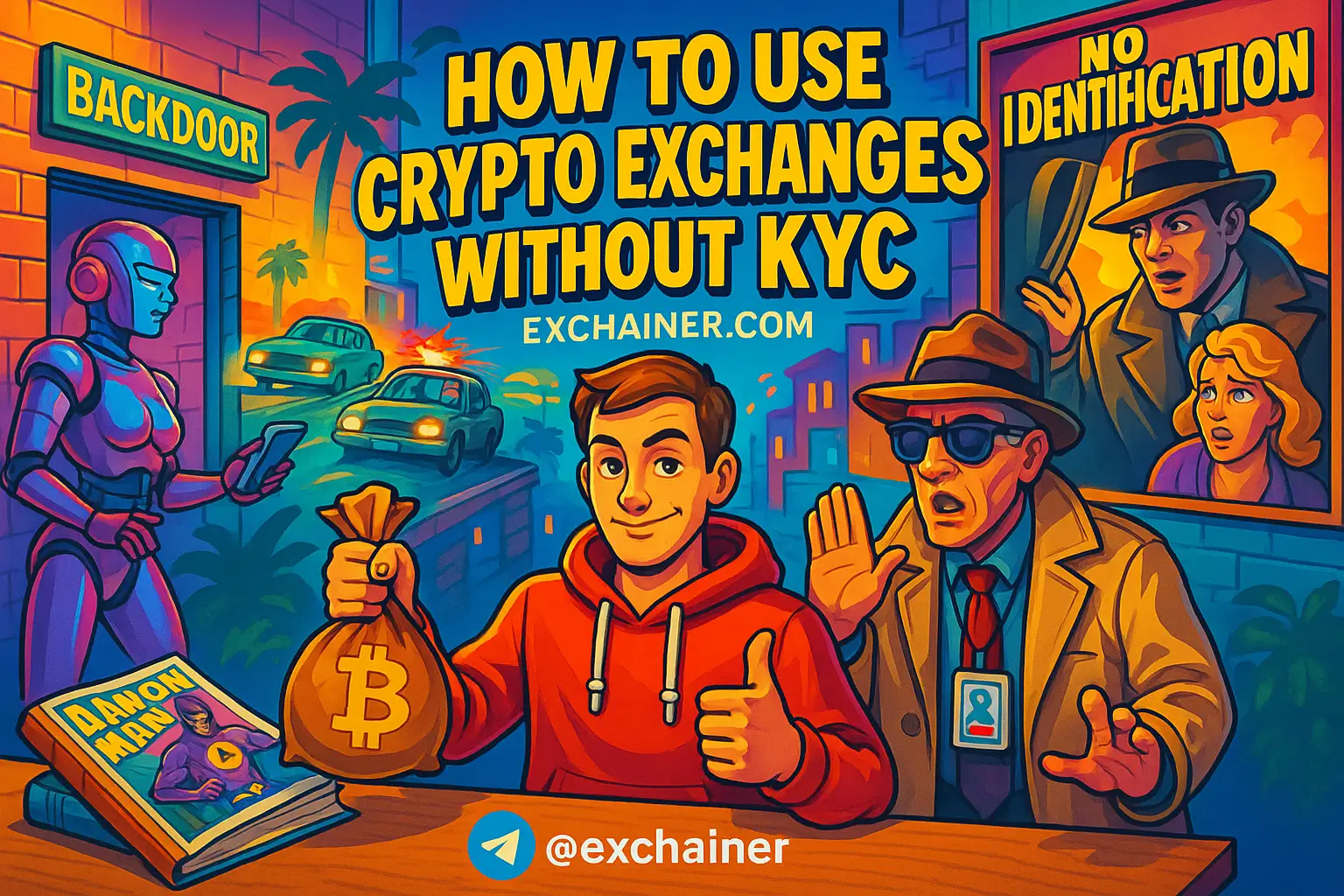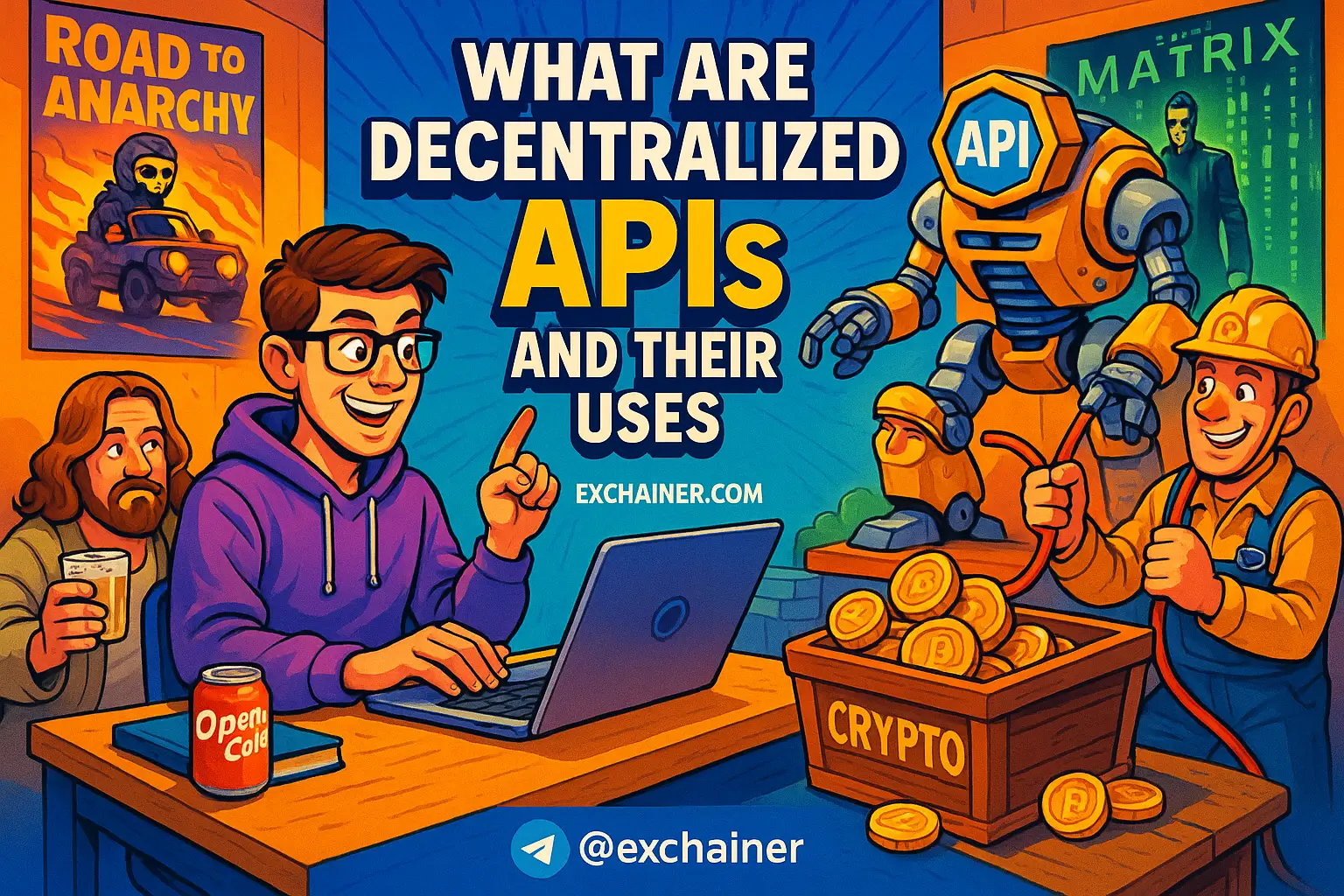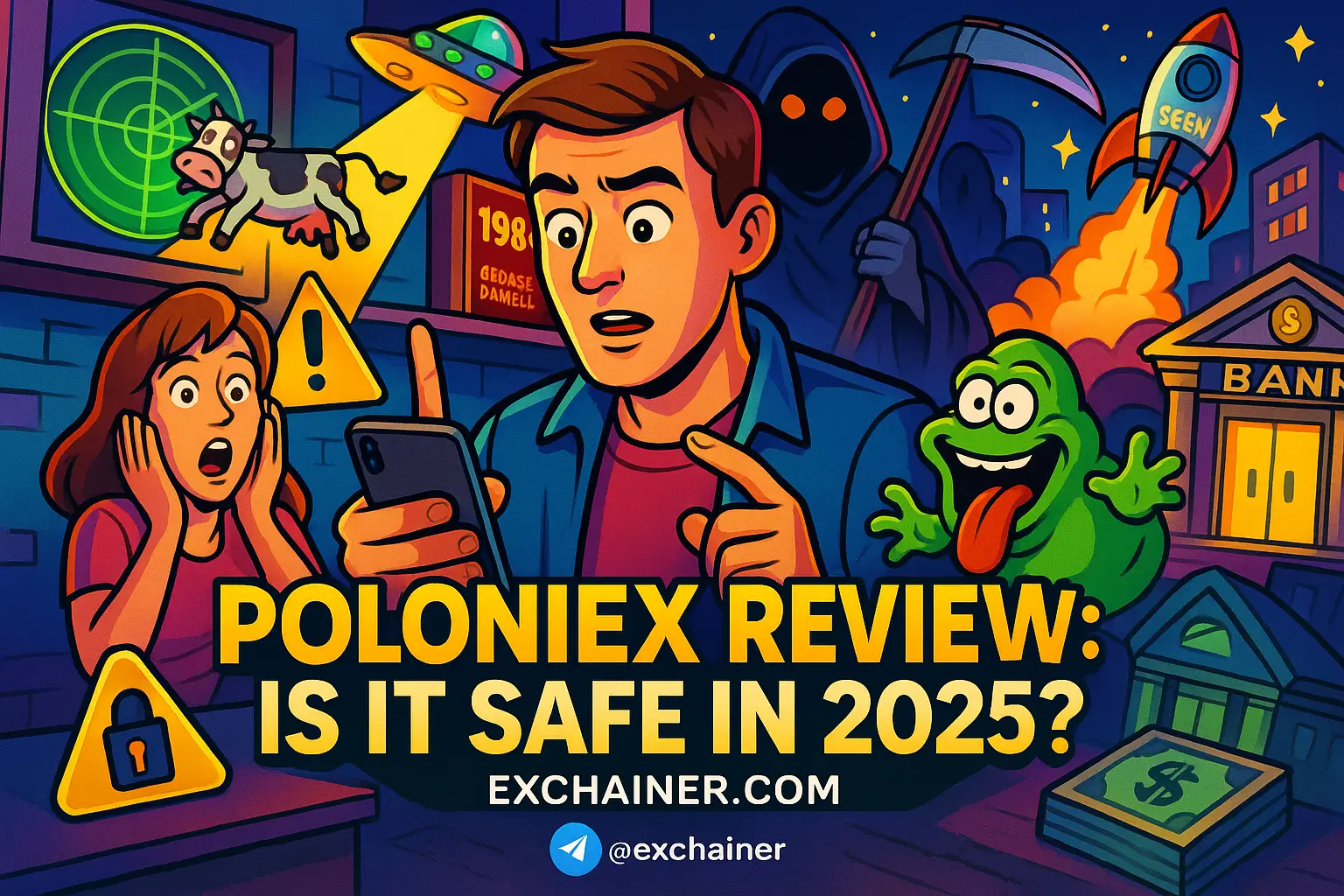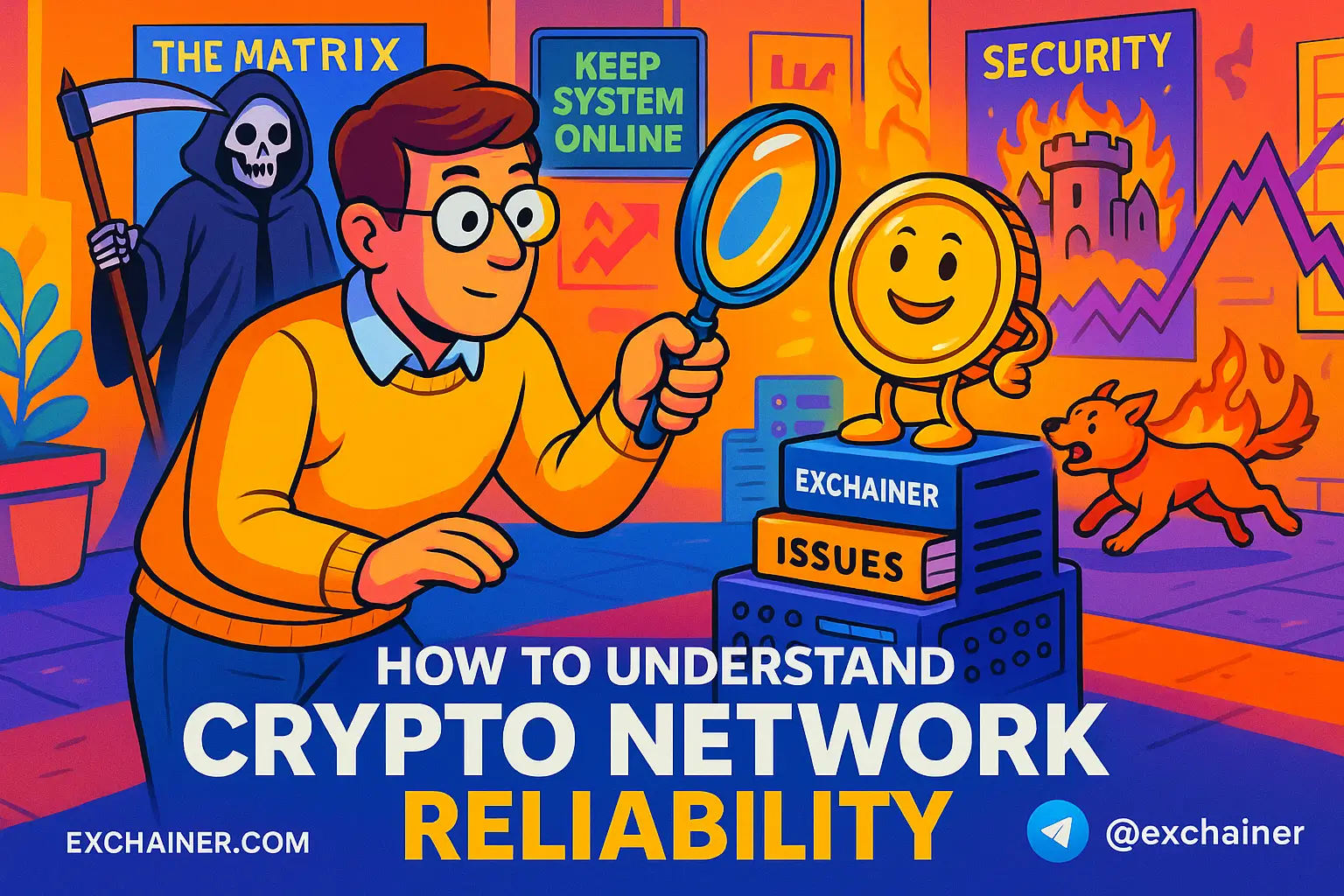Introduction
Friends, imagine this: you're excited to dive into cryptocurrency trading but feel a bit uneasy about sharing your personal details everywhere you go. Privacy has become a hot topic especially in the digital currency world, and many users are searching for ways to maintain their anonymity while still enjoying the benefits of crypto trading. That’s where learning how to use crypto exchanges without KYC becomes essential. It’s not just about hiding information — it’s about preserving your control, embracing decentralization, and navigating exchanges that respect your privacy and accessibility.
So, what exactly is KYC, and why do most crypto exchanges ask for it? KYC stands for "Know Your Customer," a standard procedure requiring users to verify their identity before using an exchange. This usually involves submitting documents like a passport or a driver’s license. Exchanges implement KYC to comply with anti-money laundering (AML) and counter-terrorism financing regulations. While it helps build trust and security, KYC can also be a barrier for users who value privacy or live in places with limited access to traditional ID verification.
In this article, you’ll discover practical and legal ways to trade crypto without going through KYC verification. We’ll take you through four main paths: exploring decentralized exchanges (DEXs), leveraging non-custodial wallets, understanding the ins and outs of peer-to-peer crypto trading, and reviewing important privacy tools and the legal risks involved with avoiding KYC. By the end, you’ll have a clearer picture of how to keep your crypto activity private yet compliant and secure.
Remember, privacy in crypto doesn’t mean breaking the law. Always follow your local regulations and tax obligations. Use these strategies responsibly and avoid illicit activities. With that in mind, let’s jump right in and explore your options for trading crypto without KYC hurdles!
Decentralized Exchanges (DEXs)
What DEXs Are
If you’re curious about no KYC exchanges, decentralized exchanges are a great place to start. Unlike traditional centralized exchanges (CEXs), which hold your funds and require you to create an account with full KYC, DEXs operate on blockchain technology using smart contracts. These smart contracts automatically facilitate swaps between cryptocurrencies directly on the blockchain, letting you trade without handing your keys or personal details to anyone else.
In plain terms, a DEX is like a digital marketplace where buyers and sellers trade assets peer-to-peer, with the rules enforced by code instead of a middleman. No central authority manages your funds — you remain in control until you approve a transaction. Examples of popular DEXs include Uniswap, SushiSwap, and PancakeSwap.
Privacy Advantages and Limitations of DEXs
Because decentralized exchanges don’t require account creation or KYC, they naturally provide more privacy than centralized platforms. You connect using a crypto wallet rather than submitting identity documents, which means your personal data isn’t stored on an exchange’s servers.
However, there’s a catch. Since all trades on a DEX happen transparently on-chain, transaction histories are publicly visible. Anyone can trace funds moving between wallets—even if those wallets don’t reveal real identities. So while DEXs avoid personal data collection, they don’t make your activity completely anonymous.
It’s a trade-off: you give up centralized custody and identity checks but accept blockchain transparency. For users comfortable holding their own keys and using privacy-enhancing techniques (like separate wallets for trading), DEXs provide a powerful way to engage in anonymous trading without KYC.
Practical Considerations: Liquidity, Fees, and Token Support
Using DEXs on no KYC platforms isn’t always smooth sailing. Here’s what you should know before jumping in:
-
Liquidity: Popular DEXs usually have decent liquidity for major tokens like ETH or USDC, but smaller or newer tokens can suffer from less trading volume. This creates slippage (price gaps between expected and executed trades) that can hurt your buying or selling price.
-
Fees: Gas fees on networks like Ethereum can spike during congestion, making small trades expensive. Layer-2 solutions and alternative blockchains like Binance Smart Chain or Polygon offer cheaper fees but may have lower liquidity.
-
Token Support: Most DEXs stick to tokens on their native chains. Cross-chain swaps require bridges or multiple step trading, adding complexity and cost.
These aspects can impact your experience on kyc-free platforms—you gain privacy but might lose some convenience or cost-efficiency.
Non-Custodial Wallets & Self-Custody
Choosing a Non-Custodial Wallet (Security vs. Convenience)
To fully grasp how crypto trading without KYC works, understanding non-custodial wallets is key. These wallets allow you to hold and control your private keys—the secret codes that grant access to your crypto. No third party holds your funds, unlike custodial wallets tied to exchanges requiring KYC.
When picking a non-custodial wallet, you’ll balance security and ease of use. Open-source wallets, like MetaMask or Trust Wallet, let the community verify the code’s safety. Closed-source options sometimes offer more features but less transparency. Then there’s the hardware wallet category—devices like Ledger or Trezor that store private keys offline for maximum protection, though they cost money and take more setup.
The critical part is safeguarding your seed phrase (a series of words that restore your wallet if lost) and never sharing it. Losing your seed means losing access to your crypto. For beginners, software wallets paired with secure habits are a good start, while experienced users may prefer hardware solutions.
How Self-Custody Interacts with Exchanges (Connecting to DEXs, Bridging)
Your non-custodial wallet becomes your gateway to decentralized exchanges and other kyc-free platforms. When you visit a DEX, you “connect” your wallet using browser extensions or mobile apps. This process doesn’t involve submitting personal data—it simply lets the smart contract know where to send and receive tokens.
Bridge services allow you to move assets between different blockchains, enhancing trading options without requiring KYC. The user experience is improving constantly, but some manual steps remain—be patient and double-check addresses.
This setup means your wallet holds your funds and interacts with decentralized market makers directly, keeping the trade self-sovereign and non-custodial.
Security Best Practices (Backups, Private Key Protection)
No matter how savvy we are, security must be a top priority when using non-custodial wallets:
-
Always back up your seed phrase offline in multiple secure locations. Avoid digital copies exposed to hackers.
-
Keep wallet software and firmware updated to patch vulnerabilities.
-
Beware of phishing scams impersonating wallet providers or exchanges. Double-check URLs and never share private keys.
-
Consider hardware wallets for larger holdings—they reduce hacking risk by keeping keys offline.
By combining these habits, you keep your funds safe while trading on private, KYC-free platforms.
Peer-to-Peer (P2P) Crypto Trading
What Legitimate P2P Trading Looks Like (Platforms and Escrow Basics)
Another popular option for crypto trading without KYC is peer-to-peer trading. In this model, buyers and sellers connect directly via online marketplaces that often provide escrow services. Escrow means the platform holds the cryptocurrency temporarily until both parties confirm the deal, protecting against scams.
Platforms like LocalBitcoins, Paxful, and Binance P2P offer intuitive interfaces for buying and selling with various payment methods—bank transfers, PayPal, or even cash in some cases.
The main appeal? You often avoid KYC for smaller trades, making it easier to enter the market while maintaining privacy.
Assessing Trust and Reducing Counterparty Risk
P2P trading carries risk because you rely on another individual. That’s why trust is everything. Before trading:
-
Check user ratings and reviews carefully to see their track record.
-
Start with small test trades to build confidence.
-
Prefer platforms that offer escrow and dispute resolution.
-
Use secure communication channels, and never share private login info.
While you won’t escape all risk, a cautious approach helps you trade safely on kyc-free exchanges.
Documentation, Fees, and Tax/Reporting Implications for P2P Trades
Even though P2P offers privacy benefits, it doesn’t erase your legal obligations:
-
Keep detailed records of all transactions, including dates, amounts, counterparties, and payment methods.
-
Understand that many countries require reporting cryptocurrency gains for tax purposes regardless of trade format.
-
Be aware of any fees — some platforms charge a percentage for escrow or marketplace use.
Taking these steps ensures you stay compliant and avoid surprises during tax season.
Privacy Tools & Legal Risks
Privacy-Focused Options (Privacy Coins, Privacy-Preserving Habits)
If privacy is your priority, consider exploring privacy-centric coins such as Monero, Zcash, or Dash. These cryptocurrencies implement advanced encryption techniques to hide transaction details like sender, receiver, and amounts—offering a much higher anonymity level than standard coins like Bitcoin.
Adopting good hygiene also helps: keep personal identifying data separate from blockchain addresses, rotate wallets regularly, and avoid linking identities to public transactions.
Bear in mind, using privacy coins can raise regulatory scrutiny, so balance your privacy goals with legal awareness.
Regulatory and Legal Risks of Avoiding KYC
Avoiding KYC is tempting but comes with risks. Regulators worldwide crack down on unregistered exchanges and anonymous trades to fight money laundering and fraud. Possible consequences if caught include account freezes, frozen funds, fines, or even criminal charges in severe cases.
Regulations vary greatly by jurisdiction. For instance, countries like the US and EU enforce strict KYC rules, while others offer more relaxed frameworks. Always research your local laws and seek legal counsel if unsure.
Your best bet is to embrace privacy while complying with tax and AML rules to avoid unpleasant surprises.
When KYC Is Unavoidable and How to Choose Compliant Services
Certain activities inherently require identity verification—especially when converting between crypto and fiat currencies or making large deposits and withdrawals.
In these cases, opt for well-known, regulated exchanges with transparent policies. They offer security, customer support, and legal protection. Examples include Coinbase, Kraken, and Binance (with KYC). Choose providers that respect user rights and maintain strong data privacy measures.
Even if you prefer KYC-free trading for smaller amounts, maintaining a relationship with at least one compliant platform can simplify moving funds when needed.
Conclusion
Navigating the world of cryptocurrency without submitting personal documents is entirely possible if you understand your options. We explored four main paths: decentralized exchanges give you direct control and reduce identity exposure; non-custodial wallets empower you to manage funds securely; peer-to-peer trading opens doors for privacy-conscious deals; and adopting privacy tools while understanding the legal landscape helps you stay safe and compliant.
Each method has trade-offs between privacy, convenience, and regulatory risks. DEXs and self-custody demand technical know-how and acceptance of on-chain transparency. P2P expands accessibility but requires trust and vigilance. Ignoring legal responsibilities could lead to fines or worse.
The golden rule is choosing secure, reputable platforms and maintaining thorough records for taxes. Privacy and compliance don’t have to be enemies—they can coexist if you approach crypto trading with care and respect. Always consult local laws and tax professionals to tailor your approach to your jurisdiction’s requirements.
Ready to deepen your understanding? Explore more beginner-friendly guides and detailed exchange reviews on Exchainer Crypto 101, check out trusted exchange platforms via Exchange Reviews, or discover the best wallets and trading tools at Tools and Wallets. Your journey to private, savvy crypto trading starts here!






